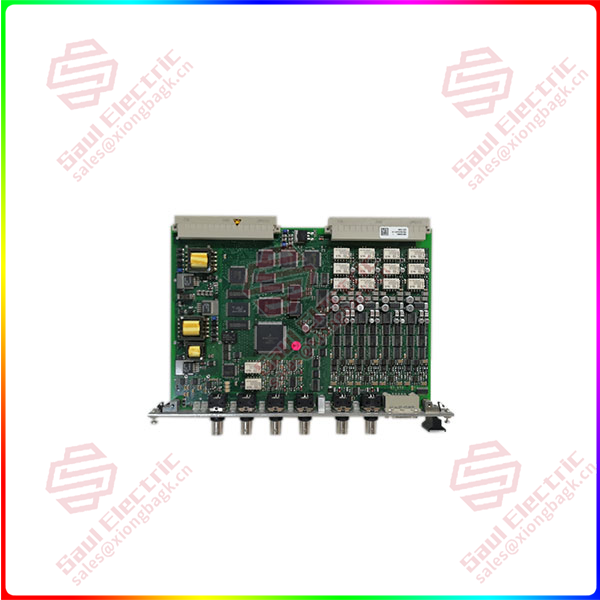Industrial Computer is the industrial control computer, but now, the more fashionable name is industrial computer or industrial computer, English abbreviation IPC, the full name of Industrial Personal Computer. The main categories are embedded industrial computer, industrial desktop computer, rack type industrial computer, DIN rail type industrial computer, embedded board card, industrial tablet computer, special application industrial computer.
Industrial computer is a computer specially designed for industrial sites, which has an important role in data acquisition and processing, remote monitoring and operation, real-time control and scheduling, data storage and analysis, and fault diagnosis and maintenance. It mainly provides enterprises with high-performance and highly reliable control solutions to help enterprises improve production efficiency and product quality.
Since 1984, China began to develop and promote the application of industrial computer, has been widely used in iron and steel metallurgy, petrochemical, electromechanical complete sets of equipment, medicine and food, CNC machine tools, industrial furnaces and other industrial fields, as well as military and scientific research equipment.
The basic composition of industrial computer
Processor (CPU) : The processor of the industrial computer acts as the brain of the system, responsible for implementing various control algorithms and processing real-time data. High-performance multi-core processors are usually used to meet complex real-time control tasks.

VM600 MPC4
Memory (RAM) : The industrial computer needs a large capacity of memory for storing programs and data, and its size directly affects the response speed and multitasking ability of the system.
Storage equipment: the working environment of the industrial computer is harsh and complex, and the environmental requirements for temperature are high, so the storage device is usually selected as a solid state disk or industrial hard disk, which is used to store the data and information of the computer, and is an important part of the external storage of data.
Expansion slots: An industrial computer usually has multiple expansion slots for installing expansion cards. Expansion cards can provide additional functions, such as data acquisition cards, communication cards, etc., to meet the needs of different control systems.
Input/output interface: The industrial computer needs to exchange data and communicate with various external devices. Common input and output interfaces include serial ports, parallel ports, USB ports, and Ethernet ports, which are used to connect devices such as sensors, actuators, and human-machine interfaces to achieve data interaction with external systems.
Power supply: Stable and reliable power supply is the basis for the normal operation of industrial computer. Features such as redundant power supply design and overvoltage protection ensure stable operation in the event of power supply fluctuations or failures, avoiding production disruptions.
 1 Year Warranty
1 Year Warranty





